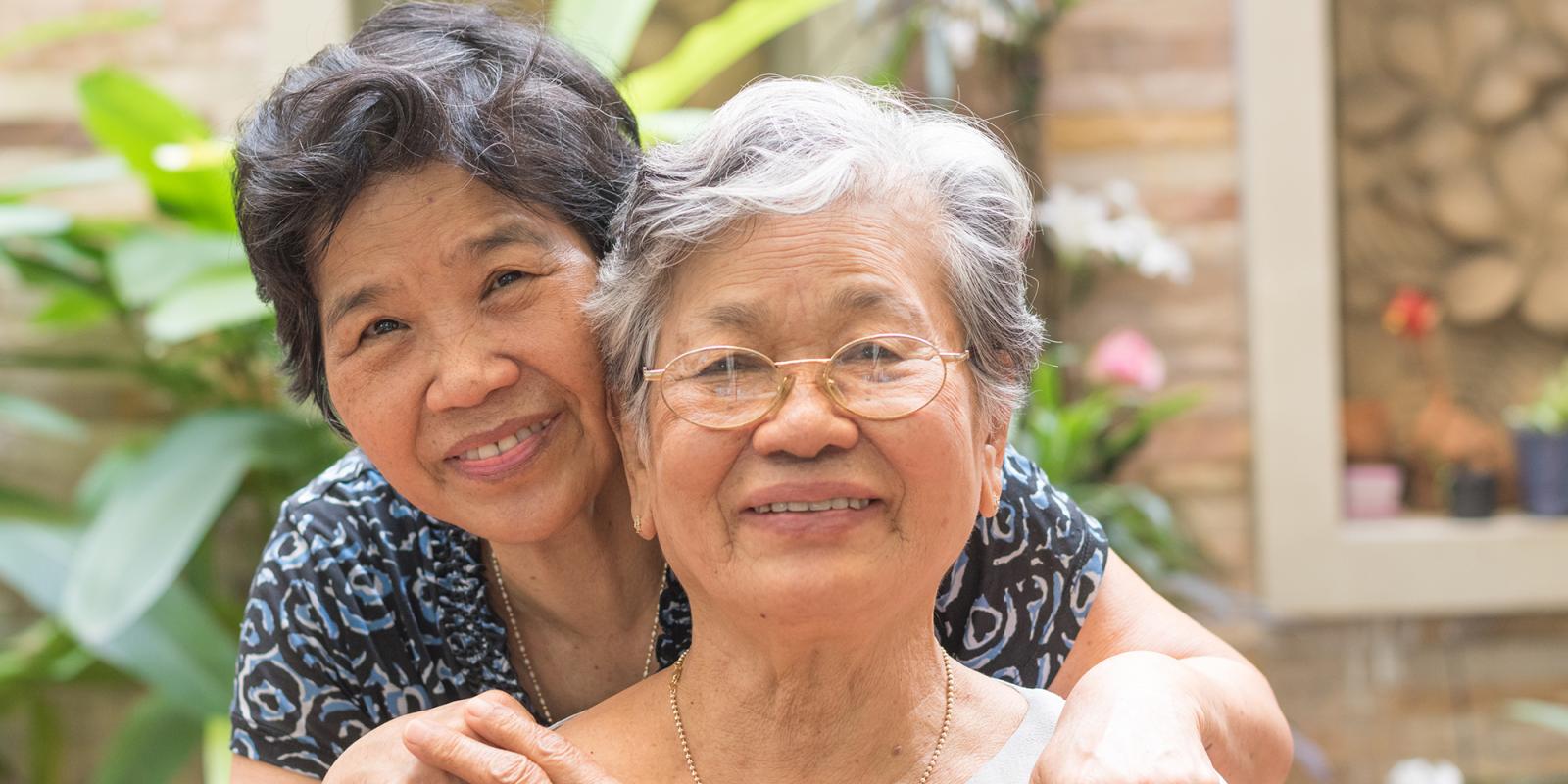Nearly 6 million older adults live with Alzheimer’s disease or other dementias, and caring for them are an estimated 16 million family or friend caregivers. Family and friend caregivers report many adverse effects due to caregiving, such as strain on physical and emotional health, employment, finances and family relationships. A report by the National Academies of Sciences, Engineering and Medicine, called “Families Caring for an Aging America,” stressed the importance of using evidence-based programming for dementia caregivers.
Across the past 25 years, there has been a wide range of non-pharmacological programs proven to support and help family and friend caregivers of persons living with dementia. Unfortunately, many of these programs are not being delivered by health and social service organizations or are not available to caregivers in the community. Professionals in aging and their organizations simply aren’t aware of these programs, as there is no comprehensive database housing updated information on their proven benefits.
Best Practice Caregiving was created as a solution to the lack of one central database of program information. Best Practice Caregiving is a collaboration between Family Caregiver Alliance, Benjamin Rose Institute on Aging and The Gerontological Society of America, and was funded by The John A. Hartford Foundation, Archstone Foundation and the RRF Foundation for Aging.
Launched in December 2019, Best Practice Caregiving is a web-based database developed for professionals and organizations that serve family and friend caregivers of those living with dementia. With more than 40 proven, vetted dementia caregiving programs, Best Practice Caregiving is a rich resource for organizations looking to identify and adopt best-fit programs.
Benefits of Best Practice Caregiving
It’s a comprehensive, one-stop resource for information on evidence-based dementia caregiving programs. Healthcare and community service organizations, providers, funders and policy makers now have an easy-to-use, comprehensive resource to learn about and compare many of the top dementia caregiving programs in the United States.
It makes assessing programs easy—saving organizations time and resources. Best Practice Caregiving eliminates the need for organizations to identify, research and evaluate programs themselves.
It provides a 360-degree view that has been missing from past abstract listings. The database contains key information to understand the programs, the experience of replicating them in the community and the outcomes for families and those living with dementia.
Each program featured in Best Practice Caregiving has a unique profile showcasing its program characteristics.
Best Practice Caregiving allows users to sort programs based on characteristics such as:
- Types of dementia targeted;
- Mode of program delivery;
- Types of assistances offered;
- Persons delivering the program; and,
- Findings from program studies.
Users also can compare up to three programs side by side, allowing professionals and organizations to decide on programs that best align with their mission and service goals.
Click here to learn about Best Practice Caregiving and read our latest newsletter.
Alyssa Ciancibello, MPH, is a research analyst at the Benjamin Rose Institute on Aging. Albert Martinez, MFA, is the Communications Director at Family Caregiver Alliance.













